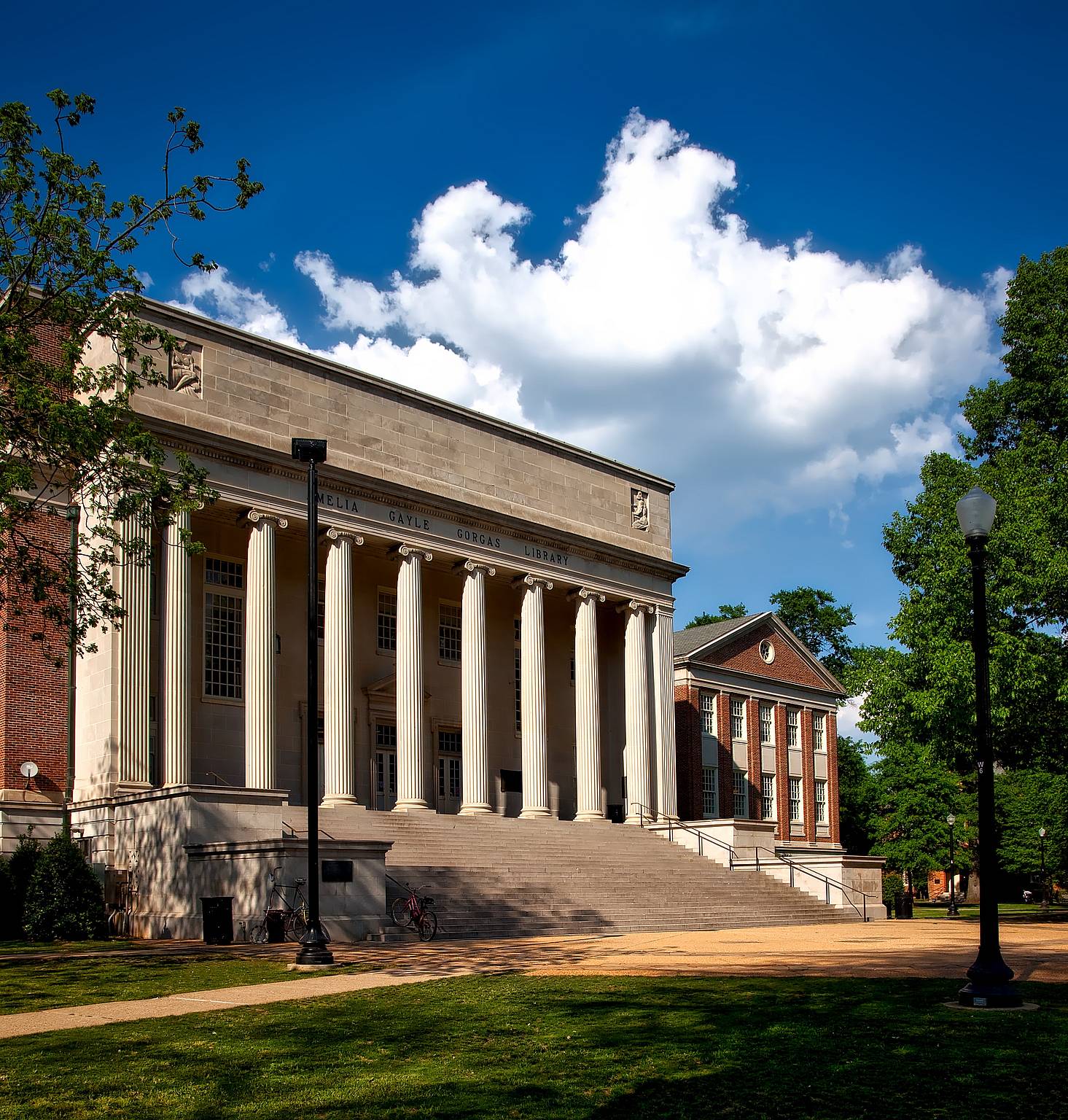We have a problem in America that no doubt drives our economy but also warps our sense of reality: we conflate prestige and quality. Advertisers prey on our assumption that prestige – a widespread acknowledgment of greatness – identifies real excellence in any and every investment, service or commodity, including a college education. But did you know that the Latin root of the word prestige, praestigium, means “illusion”? Prestige is an illusion, and the blind quest for it – even against the better judgment of seeking individual fit – is destroying the mental health and high school experiences of our teens.
An undergraduate degree from a “prestigious” college used to mean someone was really, really smart. These days, as college admissions committees admit to seeking students with hooks, a degree from a “prestigious” university is more a reflection of someone who was chosen, much like the Toy Story alien stuffies randomly plucked up by The Claw and ‘saved’ from the eternal damnation of a no-name college degree. The Chosen Ones are pulled through the narrowly-spaced rails of a heavy iron gate, audaciously defying the 6% acceptance rate thanks to a variety of factors:
- Extraordinary talent in a very specific area that can serve the college’s own interests as a business.
- High-achieving membership in an underrepresented group who historically has not been given the same opportunities to attend said college.
- Connection to and promise of large amounts of money.
- Possessing a label or identity lacking at that college.
Certainly high academic achievement in high school is an important factor, but “prestigious” colleges frequently accept students in the name of self-promotion, not necessarily to reward students who have earned the right to study under the country’s presumably finest professors.
Many colleges are viewed as “prestigious” (and probably always will be) simply because they are old and popular. They have been regarded since their founding as the most quintessentially collegey colleges in the United States, because their campuses are idyllic and their buildings are old enough to be quaint and historic, not 70’s tacky. One hundred years ago, was the academic experience at a nationally-recognized college significantly different from the experience at a regionally-known and non-selective college? Probably. But in the 21st century, the quality of the education at an uber-popular college is not necessarily any different – maybe even not as good? – as what a student might receive at a lesser known college with expert PhDs who are devoted and accessible, and who live to teach rather than teach to research.
While obtaining an undergraduate degree from a prestigious college may have been the only path to a specific goal in the distant past, in 2019 a degree from a prestigious college is not the only way to reach a lofty goal or access a powerful alumni network. Fun facts that bust the myth of prestige:
- Eckerd College in St. Petersburg, Florida, produces the largest number of National Oceanic and Atmospheric Administration Ernest F. Hollings Scholars.
- The list of 2019 Rhodes Scholars includes students from University of Pittsburgh, University of Mississippi, Indiana University at Bloomington, University of Kentucky, Ohio State University, University of Tennessee, University of Iowa, University of Colorado Boulder, Boise State University, and University of Arizona.
- Dickinson College, Kenyon College, and Occidental College received more Fulbright grants this year than Vassar College, Barnard College, Wellesley College, Wesleyan University, or Trinity College.
- University of Wisconsin has produced more Fortune 500 CEOs than Harvard.
- Texas A&M has produced more Fortune 500 CEOs than University of Pennsylvania, Yale, Dartmouth, or Princeton.
- Ever heard of Juniata College in Huntingdon, Pennsylvania? They have 100% placement rates for medical and law school including places like: Carnegie Mellon, Columbia, Georgetown, and Johns Hopkins (see note below about prestige and graduate school).
- Ever heard of Centre College in Danville, Kentucky? They proudly offer The Centre Commitment. “All students who meet the College’s academic and social expectations are guaranteed an internship or a research experience, study abroad, and graduation in four years. If a student is unable to secure the components of the Centre Commitment within four consecutive years of enrollment, the College will provide up to an additional year of additional study tuition-free.”
- The College of Wooster: Every student must complete an Independent Study project (IS), like a thesis, in order to graduate. Students receive one-on-one support from a faculty member in creating their original research project, written work, performance, or exhibit of artwork. The IS takes the place of one of their other courses senior year.
“Prestige” is relative: My friend who worked in college counseling at one of the most selective independent day schools in Houston, TX, recalls a parent once saying, “Bowdoin? What’s Bowdoin? Why would you want to go to Bowdoin when you could go to UT?”
Where is prestige important? Probably graduate school, where admissions operates more as a true meritocracy, so obtaining a degree from a highly regarded institution is a more direct symbol of a person’s expertise and training in a certain field. Admission is based on test scores, strength of the application, and experience.
To paraphrase Dr. Martin Luther King, Jr., someday, kids, you will enter an adult professional and social world where you will be judged not by the name of your alma mater, but by the content of your character. You will be measured not by how deftly you once defied the 5 to 95 odds stacked against you, but by how deeply you care, how generously you give, and how gently you love the people around you. And, thank goodness, there’s no way that even the most “prestigious” periodical in the country, US News and World Report, can rank or measure your humanity.


